“What Did You Do at School Today?” – The Neuroscience of Motivation and Behaviour of Teens

I remember so well those days when my children used to arrive home from school and I’d ask, “so, what did you do at school today?”, and invariably receive the response, “nothing. What’s for tea?” – What was that all about? Well, now, after reading “10 to 25: The Science of Motivating Young People” by David Yeager over the summer, I realise that I should have adopted a ‘mentor mindset’, that they were just distracted by different things like their social standing…oh, and, that nagging doesn’t work. The book is about that crucial period in life from 10 years old, when you’re just emerging from being a child, to 25, when you are pretty much a full-grown independent adult – it’s often referred to as the formative stage of life.

Yeager has great credentials: a professor of psychology at University of Texas and the cofounder of the Texas Behavioral Science and Policy Institute. Over his career, he conducted research with Angela Duckworth, who made the fantastic and popular Ted talk on Grit, and, to cap it all, he is lucky enough to have been a mentee of Carol Dweck, she of the Growth Mindset legendary fame. In many ways his latest book can be seen as an extension of this concept, Growth Mindset 2.0 if you like.
In the realm of education, psychology, and youth development, ‘motivation’ is a topic of ongoing fascination and importance, and Yeager has prepared a comprehensive guide to understanding what motivates young people between the ages of 10 and 25, a period often seen as critical in shaping an individual’s identity, goals, and future.
Yeager explains the emerging science of adolescent and young adult brains to reveal how we can engage, teach and support the young people in our lives and provides a framework for parents, teachers, coaches, and mentors to better engage with young people during these tender, formative years, offering practical tools and research-backed insights to foster lasting motivation.
The Teenage Transformation, Virtuous And Vicious Cycles
Neuroscientists have discovered that around age ten, the time of the onset of puberty, changes in the brain spur young people to crave socially rewarding experiences, such as status, pride, admiration, and respect, and to become highly averse to social pain, such as being ostracised. This sensitivity to status and respect continues into the mid-twenties. 10 to 25 is designed to help adults to use this science to learn how to encourage young people and avoid frustrating patterns of miscommunication and conflict – think troublesome teens, Kevin and Perry etc.
The ages between 10 and 25 encompass some of the most transformative stages in human development. Starting from early adolescence, individuals undergo rapid cognitive, emotional, and physical changes, which continue through late adolescence and young adulthood. These changes are driven by complex biological processes, such as the development of the prefrontal cortex, the region of the brain responsible for decision-making, impulse control, and long-term planning.
During this phase, motivation is highly malleable, and the right influences can set young people on a path toward success, well-being, and meaningful engagement with the world. Conversely, a lack of motivation or exposure to negative influences during this critical window can have lasting impacts on an individual’s personal, academic, and professional life.
What’s The Science Behind Motivation?
Motivation in young people is not a static trait but a dynamic process which changes based on external factors such as family environment, peer influences, societal expectations, and personal experiences. Understanding these changes allows adults to better support young people. Yeager presents a thorough analysis of the science of motivation, drawing on psychological theories, such as self-determination theory (SDT), which suggests that motivation is driven by three fundamental human needs:

Fulfilling these needs is particularly crucial during adolescence and young adulthood and these core concepts can be applied to various areas of a young person’s life, including academics, sports, social relationships, and personal growth.
What Are Practical Strategies for Motivating Young People?
There are clear strategies that parents, educators, and mentors can use to support young people’s development. These strategies are based on empirical research and have been shown to be effective in real-world settings:
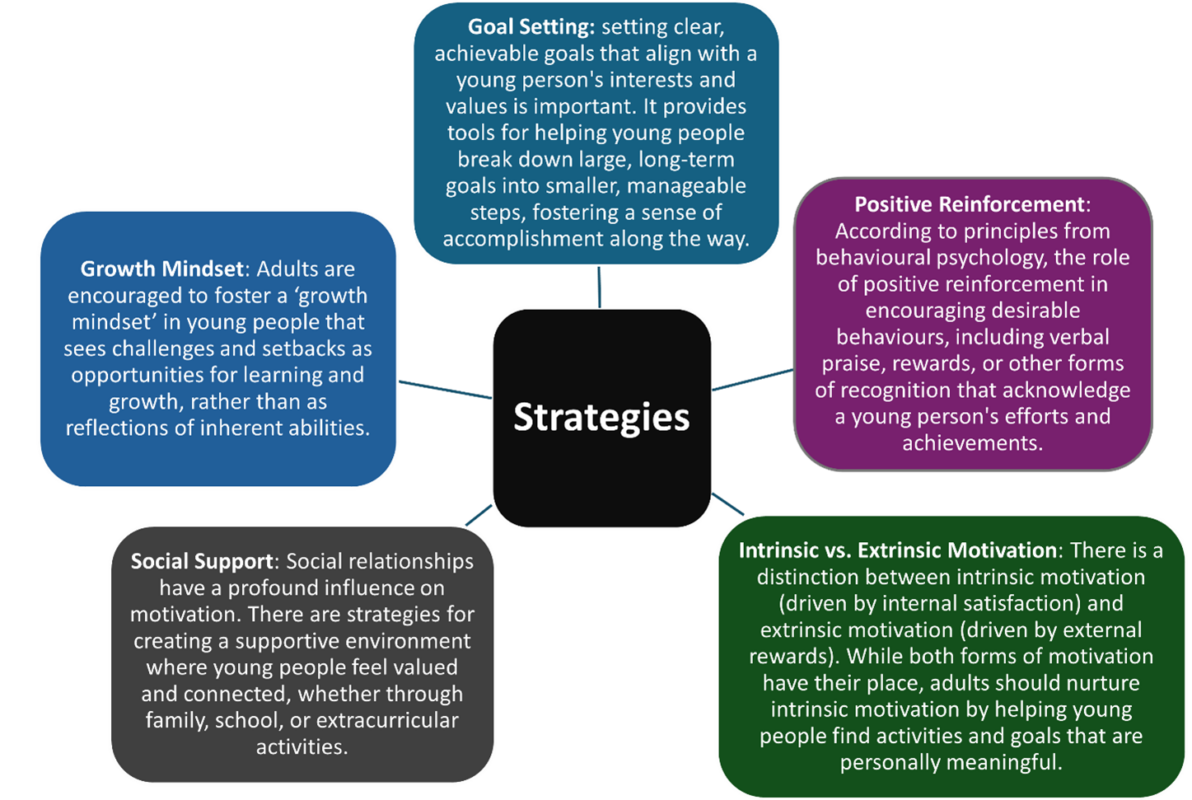
Overcoming Common Barriers to Motivation
Ask any teacher, mentor, parent – motivating young people can be incredibly rewarding, but it is not without challenges. Some of the common barriers that adults may encounter when trying to inspire motivation in young people are:
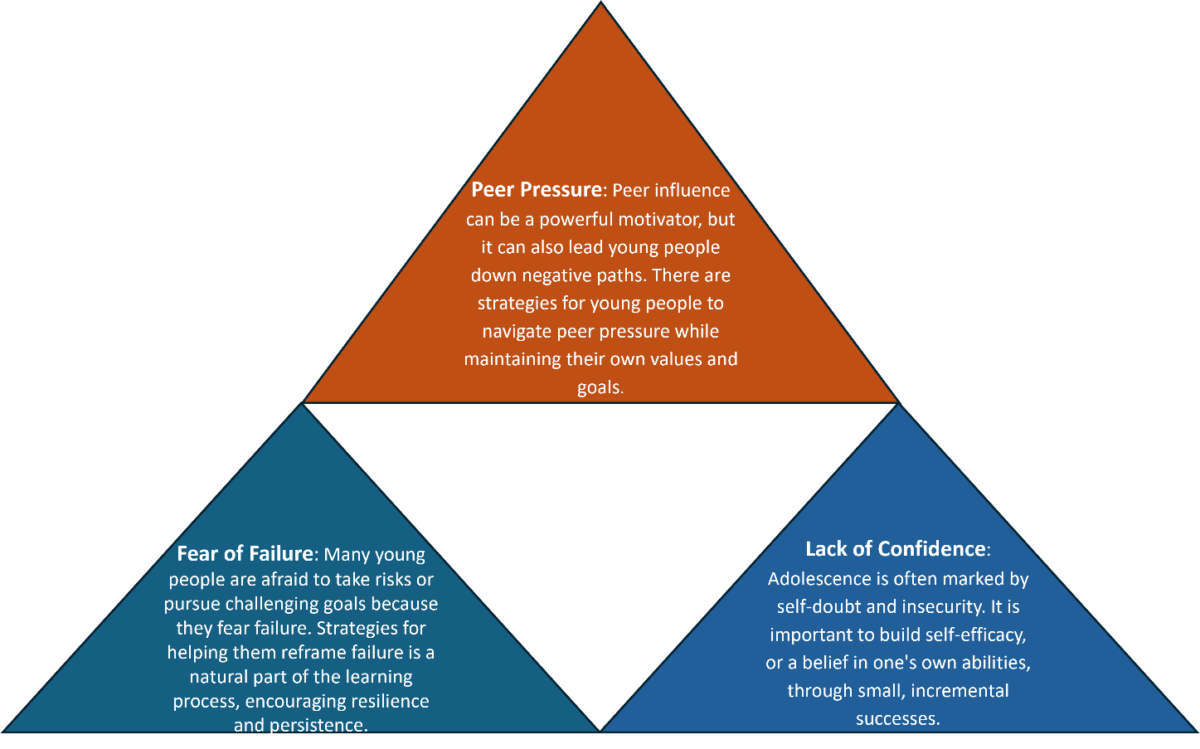
Technology Has a Role to Play in Motivation
In today’s digital age, technology plays an increasingly important role in the lives of young people, which offers both potential benefits and pitfalls when it comes to motivation.
| On the one hand: | On the other hand: |
| Technology can provide young people with access to educational resources, online communities, and platforms for self-expression. | It can also be a source of distraction and contribute to feelings of isolation or inadequacy, particularly when young people compare themselves to others on social media. |
The key is to strike a healthy balance, encouraging adults to help young people use technology in ways that enhance their learning, motivation and well-being rather than detract from them.
A Roadmap of Motivation for All
As I reflect on my own experiences as a parent of teenage children, I can’t help but wish I had known some of the insights from 10 to 25: The Science of Motivating Young People when my kids were growing up. The convincing scientific research translates key findings into practical, almost deceptively simple, solutions that any parent or mentor can apply. It reassures us that while adolescence can seem turbulent and frustrating, there are clear and effective strategies to help guide young people through this critical formative stage.
What stands out most to me is how many of the principles — the importance of autonomy, competence, and connection — are not exclusive to adolescence. I believe that these strategies apply to motivation at any stage of life. Whether you’re 15 or 50, understanding how to cultivate purpose, navigate challenges, and build meaningful relationships are essential tools for personal growth and navigating life’s inevitable obstacles. The lessons Yeager presents aren’t just for motivating teens; they’re for anyone striving to be their best self or supporting others to do the same.
By Neil Wolstenholme, CEO for Kloodle


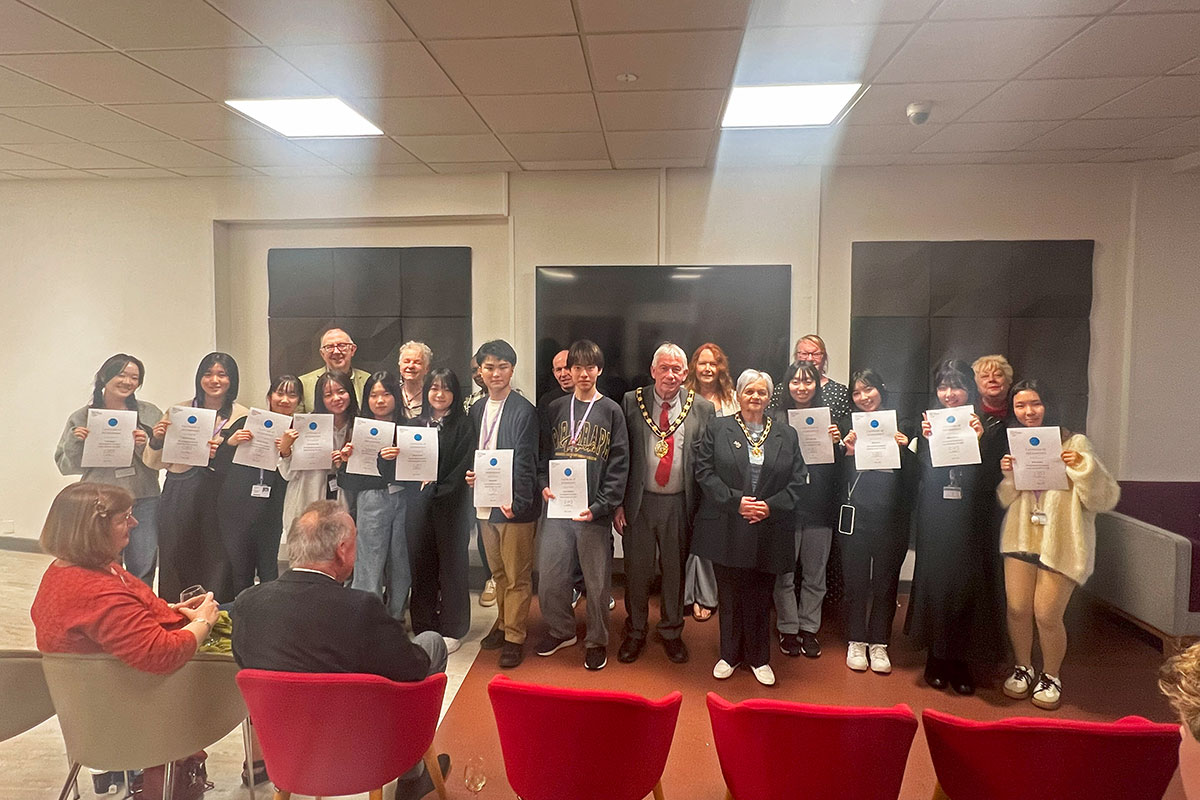
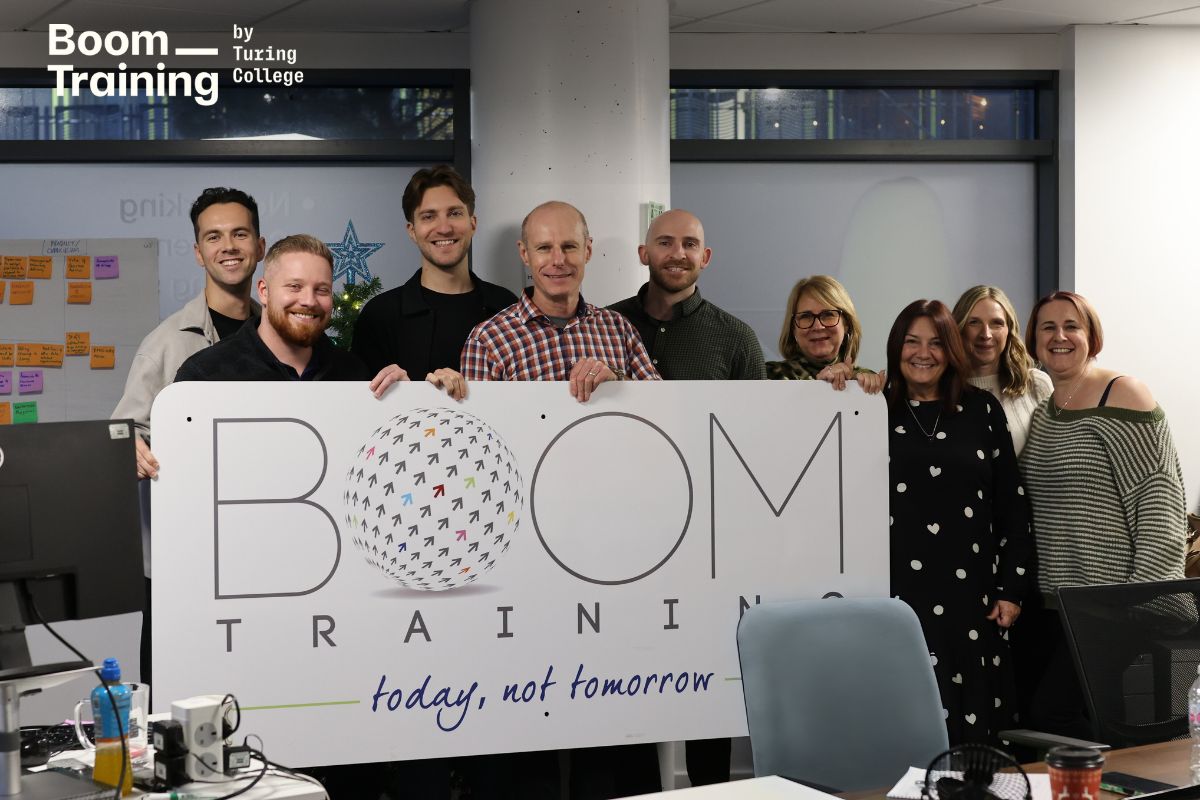


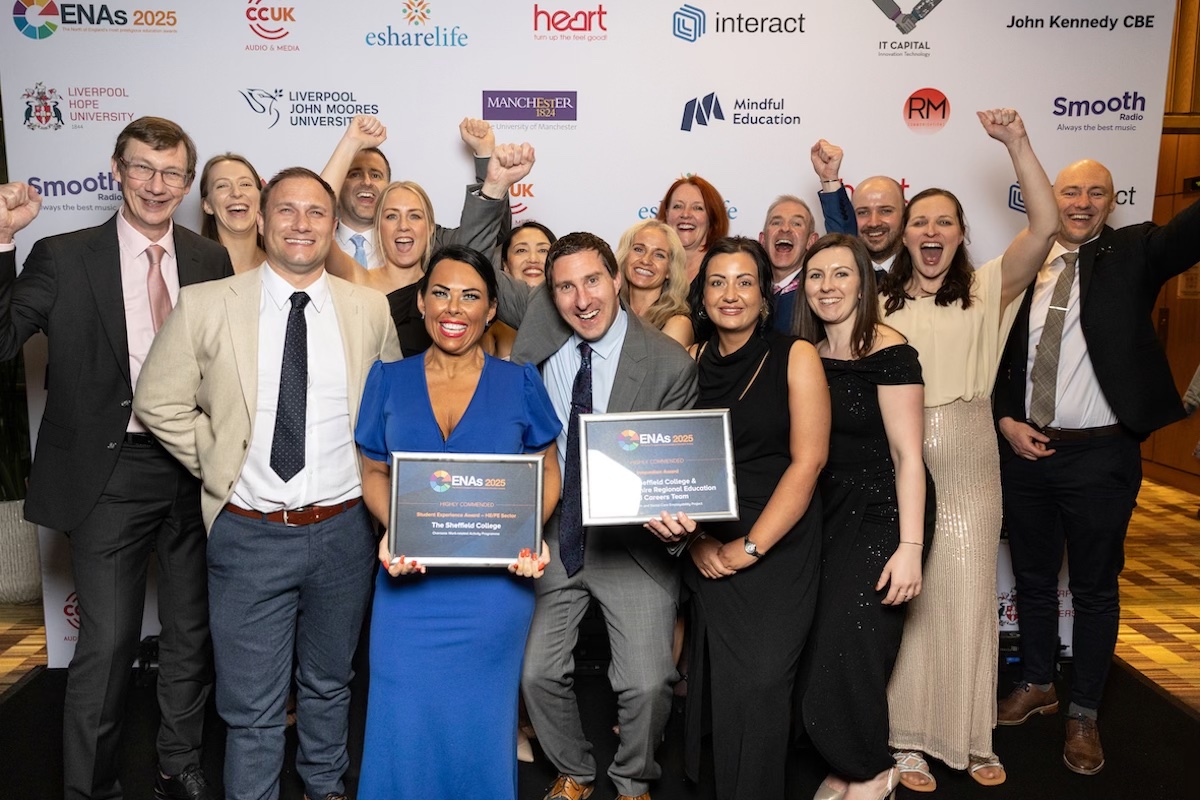




Responses